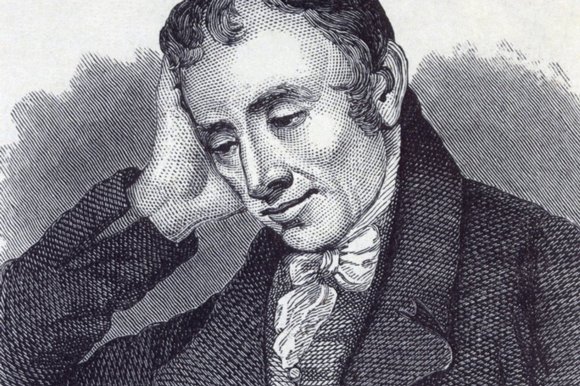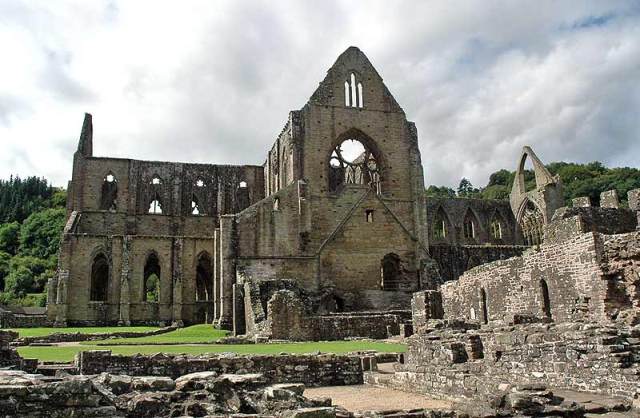![]()
The Words of the Davies Family
|
|
The Words of the Davies Family |

William
Wordsworth
William Wordsworth, one of the great English romantic poets, is probably best known for his love of Nature, which indeed he believed should be the inspiration for all true poets. Matthew Arnold wrote, "Wordsworth's poetry is great because of the extraordinary power with which Wordsworth feels the joy offered us in Nature, the joy offered us in the simple affections and duties, and because of the extraordinary power with which he shows us this joy, and renders it so as to make us share it."
As a small boy, Wordsworth's sister would often find him lying beside a stream, listening to the music of the running water, for he found in Nature peacefulness and beauty he could not find elsewhere. In his poem the Prelude he tells of his excitement and wonder at Nature when a young boy, and how, as he became older, he realized that his love for the Creation went beyond mere physical beauty. In his poem "Lines about Tintern Abbey" he talked how "with an eye made quiet by the power of Harmony and the deep power of joy, we see into the heart of things." Later he writes,
"And I have felt
A presence
that disturbs me with the joy
Of elevated thoughts; a sense
sublime
Of something far more deeply interfused,
Whose dwelling
is the light of setting suns,
And the round ocean, and the living
air,
And the blue sky, and in the mind of man
A motion and a
spirit, that impels
All thinking things, all objects of all
thought
And rolls through all things."
He further feels the purity and innocence of Creation when he writes,
Therefore am I still; well pleased to
recognize
In Nature and the language of the sense,
The anchor
of my purest thoughts the nurse,
The guide, the guardian of ray
heart, and soul,
Of all my moral being."
He feels at peace with Nature, "knowing that Nature never did betray the heart that loved, "and realizes that,
"tis her privilege
Through all
the years of this one life, to lead
From joy to joy."

Tintern
Abbey
How Wordsworth would have wept, were he alive today, to see what man has done to the Creation. Even in his say, he fought to preserve the beauty of the countryside from those who would destroy it, and always sought to make people aware of the spiritual kinship between Nature and Man.
Today his words are read by many with poignancy, for they seem to talk of a time gone by. Yet their message is desperately needed by a world which has gone mad is driving itself to destruction. Man has abused and squandered his natural resources and Creation is now rebelling against him. A radical change in man's thinking is necessary if he is to deal with the problem of pollution in the world. It is not enough to try and clean up the mess, he must change his heart and learn to love all things.
In his right state, man would not create a pollution problem, because his love for the creation would not allow it. Through the words of this humble poet who wrote simply and honestly from his heart, we have much to learn. "Nature never did betray the heart that loved her." As when man performs all his actions in the creation with love, creation responds and brings him joy, for that is "her privilege."
The creation is waiting humbly for man to take his rightful place as lord, as a bride awaits the bridegroom. As man learns how to love and serve Creation in the right way, he recreates the Garden of Eden, and will come to say,
"My heart leaps up when I behold
A rainbow in the sky:
So was it when my life began
So is it now
I am a man,
So be it when I shall grow old
Or let me die
The
child is father to the man
And I could wish my days to be
Bound
to each other by natural piety"
The rainbow must be brought down to earth and man vow that he will never again want only destroy, but humbly use all things in the right way.